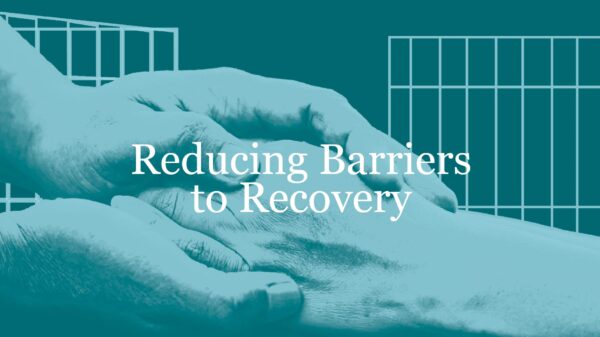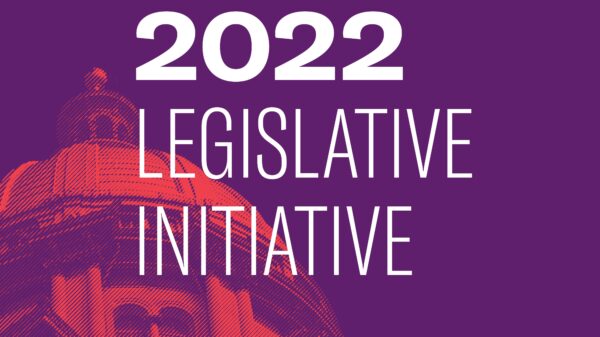Beginning in the 1970s, America has relentlessly pursued a “War on Drugs,” aimed at addressing the use of substances across the country. To be blunt, the so-called War has been a disaster. Felony penalties for drug possession – including for trace amounts of various substances – have fostered mass incarceration and created long-term harm for millions of people dealing with addiction and other treatable conditions.
For simply using drugs, too many have lost the ability to create a better life through access to employment, education, housing, services and health care.
As a majority of Americans have turned against the harsh approach of the War on Drugs, there is a new opportunity to adopt policies that take a public health and public safety approach to substance disorder, not relying solely on punishment and prison. Indeed, nearly 8 in 10 voters in Illinois support treatment and harm reductions services for those arrested with small amounts of drugs.
This report, Reducing Barriers to Recovery, offers an exploration of Illinois’ current drug laws, the harm those laws visit on the lives of people who use drugs, and a proposal for a new model, built on forging connections to community-based treatment and harm reduction services.
Drug possession laws target people for punishment, not treatment.
- Illinois is one of only 18 states that makes all drug possession a felony. Most people prosecuted for drug charges in Illinois are accused of possessing only small amounts of drugs – often 2 grams or less.
- From 2016 to 2018, 20,000 people in Illinois were convicted of felonies for possessing small amounts of drugs, and 7,500 were imprisoned in the Illinois Department of Corrections (IDOC).
Drug possession laws disproportionately target Black Illinoisans.
- Black people make up only 14% of Illinois’ population, but 55% of the prison population, and are convicted at nearly twice the rate of white people for low-level possession offenses despite similar rates of drug use.
Jails and prisons are not treatment centers.
Felony drug convictions cost Illinois taxpayers millions of dollars every year.
- Between 2018 and 2021, imprisoning people for low-level drug possession cost the State of Illinois over $190 million.
Related Issues
Related Content

- Criminal Legal Systems and Policing
The War on Drugs Has Failed
Stay Informed
Sign up to be the first to hear about how to take action.
By completing this form, I agree to receive occasional emails per the terms of the ACLU’s privacy statement.
By completing this form, I agree to receive occasional emails per the terms of the ACLU’s privacy statement.

